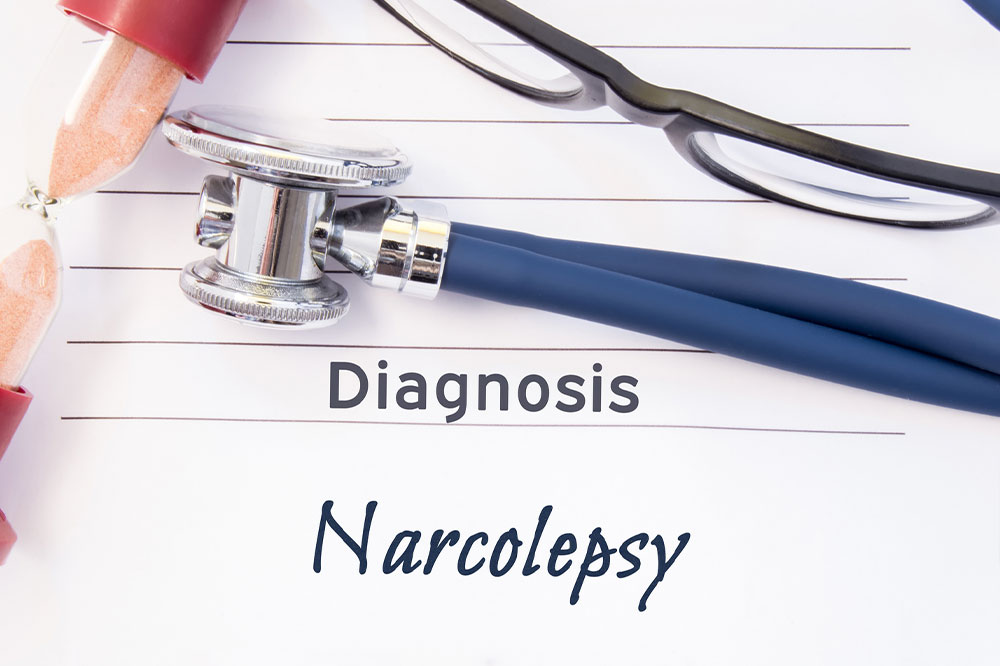
Causes, symptoms, and management options for narcolepsy
Narcolepsy is a sleep disorder that causes significant disruptions in one’s daily routine. When one suffers from the condition, they tend to fall asleep suddenly, and are often drowsy during the day. One can find it difficult to remain awake for extended periods of time. To better understand this condition, one must be aware about its causes, symptoms, and treatments that can help in alleviating the symptoms. Read on to know more about the condition.
Understanding narcolepsy
Narcolepsy is characterized by an inability of the brain to regulate sleep and wake cycles. Narcoleptics experience excessive daytime sleepiness and sudden sleep attacks. They may even experience uncontrollable bouts of falling asleep during normal daily activities. This disorder is often misdiagnosed as insomnia or depression, leading to delays in getting proper treatment.
Causes
The exact causes are still not fully understood. However, here are some key factors that are believed to contribute to narcolepsy:
Loss of neurons
The causes of narcolepsy depend on its type, with Type 1 narcolepsy being the most well-studied. It is characterized by a severe loss of neurons that produce orexin, a neurotransmitter that regulates wakefulness and sleep.
Orexin issues
Type 2 narcolepsy, on the other hand, is likely caused by a relatively milder loss of neurons that use orexin, or a problem with how orexin travels in the brain.
Hypothalamus changes
Changes in the hypothalamus, a region of the brain that controls many vital functions, including sleep, play a significant role in the development of the condition.
Autoimmune problems
In some cases, Type 1 narcolepsy is likely caused by an autoimmune problem, wherein the immune system mistakenly attacks the neurons that produce orexin. This issue may be linked to a specific genetic mutation.
Infections
Certain viral and bacterial infections have been linked to the onset of Type 1 narcolepsy.
Secondary narcolepsy
In rare cases, narcolepsy can be caused by damage to the hypothalamus from head injuries, strokes, brain tumors, and other conditions.
Symptoms
The following are some signs and symptoms one should be aware of:
- Excessive daytime sleepiness
- Sudden loss of muscle tone (cataplexy)
- Sleep paralysis
- Hallucinations during sleep or when falling asleep
- Disrupted sleep at night
- Uncontrollable urge to sleep, even during inappropriate times
- Abrupt onset of REM (rapid eye movement) sleep during the day
- Microsleeps (brief moments of sleep that last only a few seconds) during daily activities
- Memory problems and difficulty concentrating
- Feeling fatigued and low on energy throughout the day
- Experiencing mental fog or feeling disoriented
It’s important to remember that not everyone with narcolepsy experiences all these symptoms, which can vary in severity. One should speak with a healthcare professional for an accurate diagnosis and treatment regimen.
Treatment options
One should know that this sleep disorder can be managed properly. Treatment options can vary from supplements to lifestyle changes and therapies. Here are some of the available treatments for narcolepsy:
Stimulants
Doctors often prescribe stimulants to help manage the excessive sleepiness and sudden sleep attacks associated with narcolepsy.
Lifestyle changes
Changing one’s lifestyle habits, such as maintaining a sleep schedule and implementing good sleep hygiene, may also help manage the symptoms.
Meditation
Practicing mindfulness techniques like yoga and meditation can be beneficial for reducing stress and promoting relaxation, thereby improving sleep quality.




